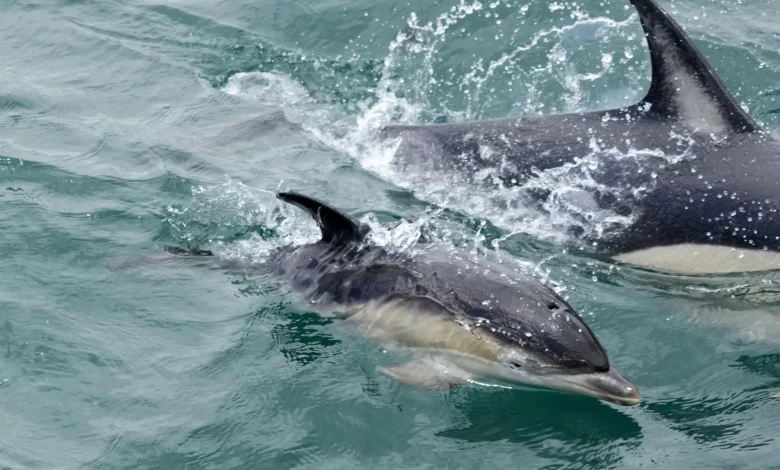UN adopts landmark treaty to safeguard marine life in high seas
A key tool in the treaty will be the ability to create protected marine areas in international waters.

Members of the United Nations have adopted the first-ever treaty dedicated to protecting marine life in the high seas, with the U.N.’s chief hailing the historic agreement as giving the ocean “a fighting chance. in the face of mounting threats.
Delegates representing all 193 member nations burst into applause and stood up for a sustained standing ovation as the treaty was approved without any objections.
Under discussion for over 20 years, efforts to reach an agreement on protecting biodiversity in the high seas, which cover nearly half of the Earth’s surface, had previously faced repeated setbacks. However, in March, delegates at an intergovernmental conference convened by the UN General Assembly achieved a breakthrough, paving the way for this groundbreaking treaty. It falls under the UN Convention on the Law of the Sea, which predates the well-established concept of marine biodiversity.
A key tool in the treaty will be the ability to create protected marine areas in international waters. Currently, only about one percent of the high seas are protected by any sort of conservation measures.
The newly adopted treaty will be open for signatures on September 20, coinciding with the annual meeting of world leaders at the General Assembly. Its implementation will commence after ratification by 60 countries, signifying a global commitment to safeguarding the high seas.
The treaty establishes a dedicated body responsible for managing ocean conservation and designating marine protected areas in these vast regions. Additionally, it sets guidelines for conducting environmental impact assessments for commercial activities conducted in the oceans.
UN Secretary-General Antonio Guterres emphasized the critical nature of this development, highlighting the numerous threats faced by the oceans. From the disruption of weather patterns and ocean currents due to climate change, overfishing, over-exploitation, and ocean acidification impacting marine biodiversity, the challenges are significant.



